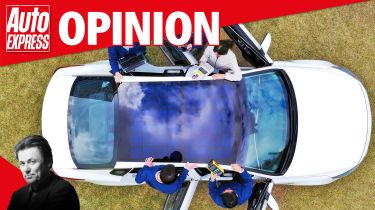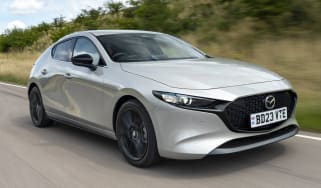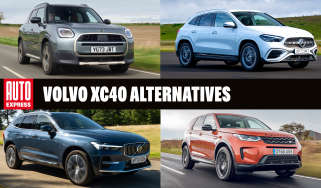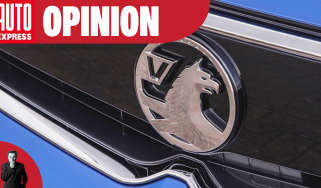Multi-fuelled hybrid cars have to be the wisest choice for the 2020s and beyond
Mike Rutherford thinks there’s a future for cars powered by petrol, electricity, the sun’s rays... and a wind-up handle

Some of my best friends are tech geeks and eco freaks. As for little ol’ me, I’m a bit more old school. Along with the overwhelming majority of buyers, I still love petrol-powered cars. But I also consider myself a hybrid head. And I’m a cautiously optimistic fan of pure electric cars. Although my diesel diehard days are over, I know and fully understand that for high-mileage drivers of commercial vehicles, taxis and workhorse cars, it’s their much-preferred fuel. For others it’s LPG and hydrogen.
There’s no such thing as the right and wrong fuels. For the time being at least, buyers can and should do what’s best for their budgets and journey needs. Finding the right tool for the job and at the right price means freedom of choice – and that’s a precious British thing we shouldn’t give up lightly.
Talking of the right tool for the job, one of the best examples I know of is a modest product I acquired decades ago and still fondly remember, due to its brilliantly simple features that oozed flexibility. OK, it was only a ghetto blaster (for younger readers, that’s an FM/AM/LW (RIP) radio with built-in speakers, cassette recorder and CD player), but its ‘multi-fuel’ dexterity made it special. And fun. No surprises for guessing that it could be plugged into the mains or run on four D batteries. But it also had a large solar panel on top plus a wind-up handle to the rear. On one side were numerous sockets which, among other things, enabled it to be plugged into a car’s cigarette lighter socket; hook up to an early rechargeable power unit (similar to but larger than those we use today with our mobiles); or, with a bit of careful modification, be powered by a petrol generator.
Crude, yes. But I’ve never owned or used a cheap device so capable of running on so many different ‘fuels’. This humble sound system perfectly proved the point that whatever the product in question, the more power sources it can accommodate, the better.
With all this in mind, a state-of-the-art hybrid car or van that allows its electric motor to travel the best part of 100 miles, and its accompanying petrol engine to do hundreds more, has to be the best, most flexible option for most motorists, doesn’t it? The easily achievable icing on the hybrid cake could be on-board solar panels, which would be interesting and offer very different design features. And the cherry on the icing has to be an integrated wind-up handle that’s securely tucked away (a bit like a spare wheel) most of the time because it’ll rarely be used. But its roles could include everything from giving emergency assistance when a car fails to start and/or helping to supply some free, muscle-generated, off-grid electricity – just as a pedalist aboard a static bicycle generator can.
Forget about so-called multi-purpose vehicles (MPVs), which is a daft description because every motorised machine has a variety of purposes.
Think instead of multi-fuelled vehicles (MFVs) – powered by petrol, electricity, the sun’s rays and a little elbow grease. Might an MFV be the wisest, most flexible car for the 2020s and beyond? In a word, yes.
Do you agree with Mike? Let us know your thoughts in the comments section...




